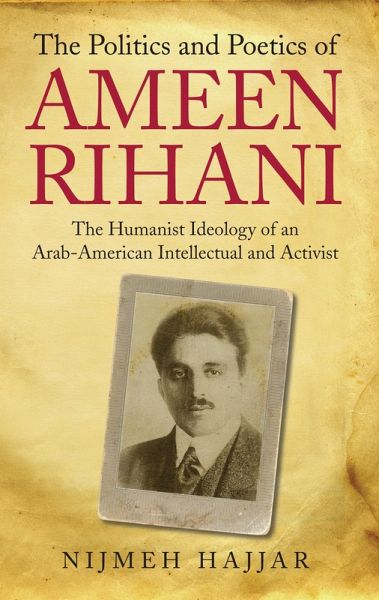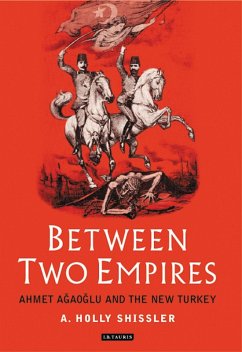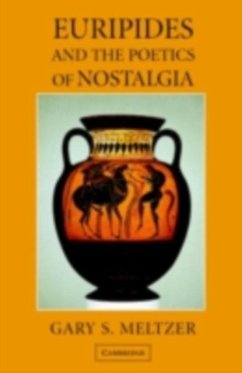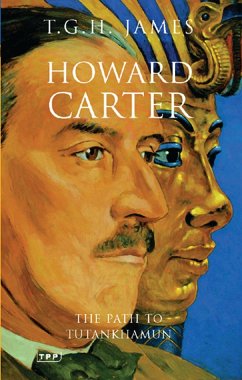
The Politics and Poetics of Ameen Rihani (eBook, PDF)
The Humanist Ideology of an Arab-American Intellectual and Activist

PAYBACK Punkte
45 °P sammeln!
Ameen Rihani (1876-1940) was an influential Arab-American thinker, writer and political activist, and was one of the most prominent humanist intellectuals of the twentieth century. He was born in Freike, Lebanon, and emigrated to the United States at the age of 12. He was recognized in his time as a leading figure in the world of Arab-American literature, a pioneer of the mahjar literary movement (Arabic Lebanese migration literature) and of contemporary Arabic prose poetry. A prolific writer, he published nearly 30 books in English alone. In his writing and political activism, Rihani's prime ...
Ameen Rihani (1876-1940) was an influential Arab-American thinker, writer and political activist, and was one of the most prominent humanist intellectuals of the twentieth century. He was born in Freike, Lebanon, and emigrated to the United States at the age of 12. He was recognized in his time as a leading figure in the world of Arab-American literature, a pioneer of the mahjar literary movement (Arabic Lebanese migration literature) and of contemporary Arabic prose poetry. A prolific writer, he published nearly 30 books in English alone. In his writing and political activism, Rihani's prime concern was engagement and mutual respect between the Arab world and the West - a concern which bears striking relevance to global affairs today. Undertaking a comprehensive reading of Rihani's Arabic and English published works, including his creative writings, essays, correspondence, and historical and travel books, Nijmeh Hajjar examines the dialectical link between Rihani's life experiences in the Arabworld, Europe and the USA with his ideas and activism. The book highlights Rihani's progressive secular humanist vision, his concerns about the need for Arab societies to achieve progress, liberal democracy and social justice, and his emphasis upon a mutual respect between the Arab world and the West - particularly the USA, Great Britain and France. This fascinating illustration of an Arab-American encounter contributes to post- and neo-colonial discourse and provides a balancing counterpoint to the predominant ideological 'clash of civilisations' paradigms. The Politics and Poetics of Ameen Rihani furthers our understanding of the Arab-Islamic world and its relationship with the West - which remains one of the most important issues of our times.













